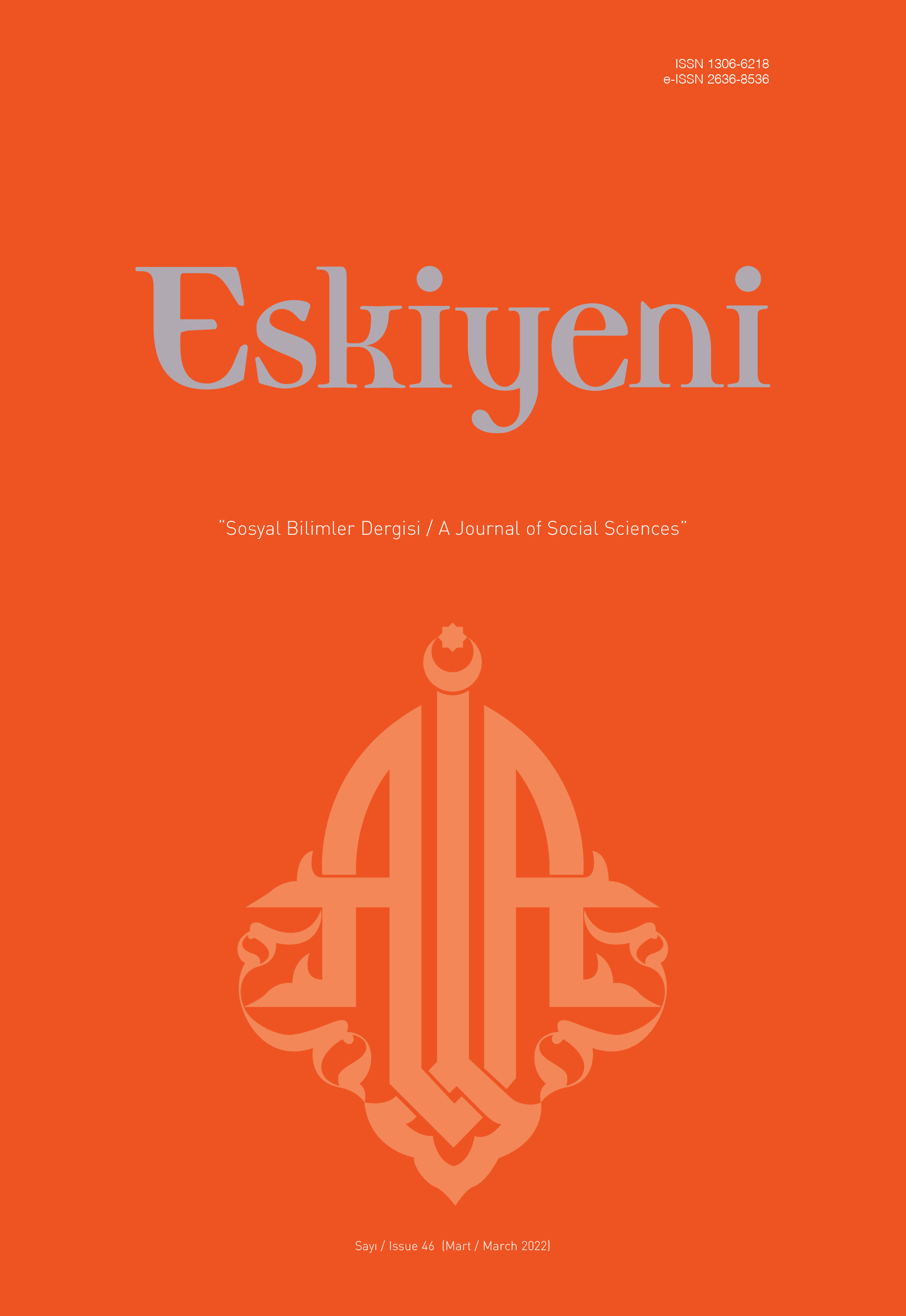Plotinos Felsefesinde Sudur ve Hipostaz Sisteminin Düzeni Üzeri-ne
On Emanation and the Order of the Hypostasis System in the Philosophy of Plotinus
Author(s): Hüseyin AydoğanSubject(s): Metaphysics, Ancient Philosphy
Published by: Anadolu İlahiyat Akademisi
Keywords: History of Philosophy; Plotinus; Metaphysics; Emanation; One; Nous; Being;
Summary/Abstract: The philosophy of Plotinus is essentially based on a process of emanation. This process, which has various names, creates an ontological hierarchy system by starting from a first principle. These can be summarized as One, Nous, and Soul. Each of them was conceived by Plotinus as a hypostasis and connected with being. Even in Turkish Plotinus research, this process, which is commonly known with the doctrine of overflowing from perfection, has been interpreted differently. The purpose of this study is to draw attention to other interpretations outside this well-known interpretation and to present them for discussion. Different interpretations of emanation, determined as two metaphorical and two philosophical explanations, form the core of the article. The first of the metaphorical explanations can be summarized as the Aristotelian biological principle. That is, anything that reaches fullness must give rise to something else that comes after it. This is both a biological and a logical necessity. In this explanation, it can be said that Plotinus is trying to establish a similarity between the process of production and generation in living beings and the process of emanation from the One. The second metaphorical explanation is that the One is compared to objects such as light, fire, or snow. In this account, the self-existence of fire, light, and, snow represent the ontological state of the One. Parallel to these objects, the heat, brightness, and cold emanating from them represent the Nous. Plotinus attempts to establish a metaphorical approximation between the elements that emanate from these objects and Nous that emanates from the One. The first of the philosophical explanations, on the other hand, is based on the necessary reflex of contemplation. According to this, the Nous is a product of the necessary and unconscious contemplation of the One and arises as an indeterminate level of being as a result of this contemplation. This level, which can be called pre-entity, gains determination by turning to the One for contemplation and reaching nous-being. We have tried to highlight the second philosophical explanation as to the two-acts theory. This explanation relies primarily on Plotinus' account of the One as dunamis panton. The One is the productive power of all things as dunamis panton. The One as such can be interpreted as two kinds of activity. The first is the state of activity in itself, in its essence, which is defined as energeia tes ousias. The second is the state of activity [energeia ek tes ousias] that comes from its essence and expresses what it is to the other. These doctrines will be analyzed using extensive quotations from Plotinus' Enneads. The difficulties Plotinus had in describing his doctrine of emanation are another focus of this article. In this context, Plotinus' presentation of the One as absolutely transcendent and indefinable poses a difficult problem. This question, of course, also complicates the describability of the emergence of Nous from the One. In this article, this emanation process will be reinterpreted from different perspectives. Finally, in view of the Pythagorean tetractys concept, another mathematical explanation for this emanation process is presented.
Journal: Eskiyeni
- Issue Year: 2022
- Issue No: 46
- Page Range: 115-144
- Page Count: 30
- Language: Turkish

